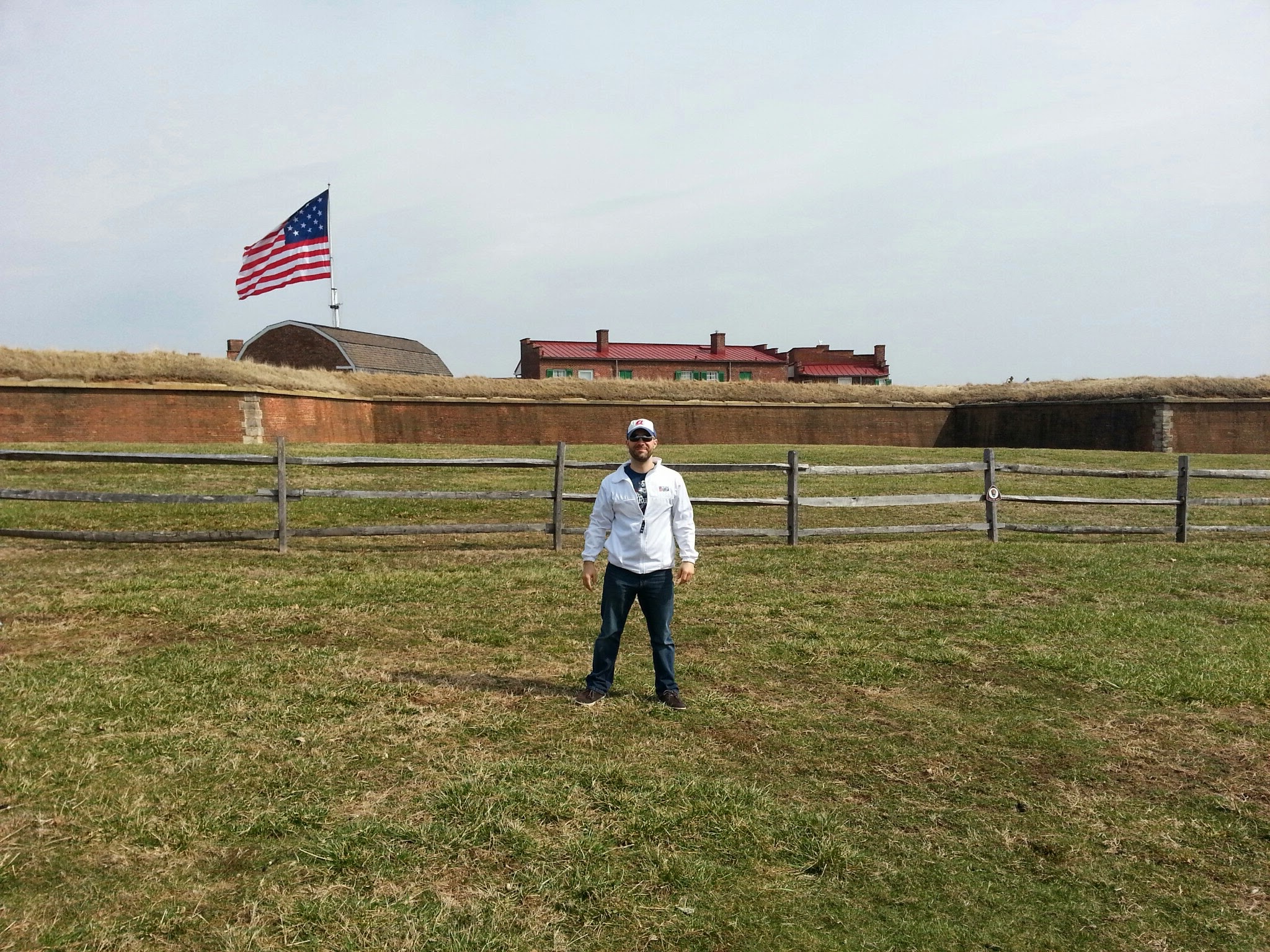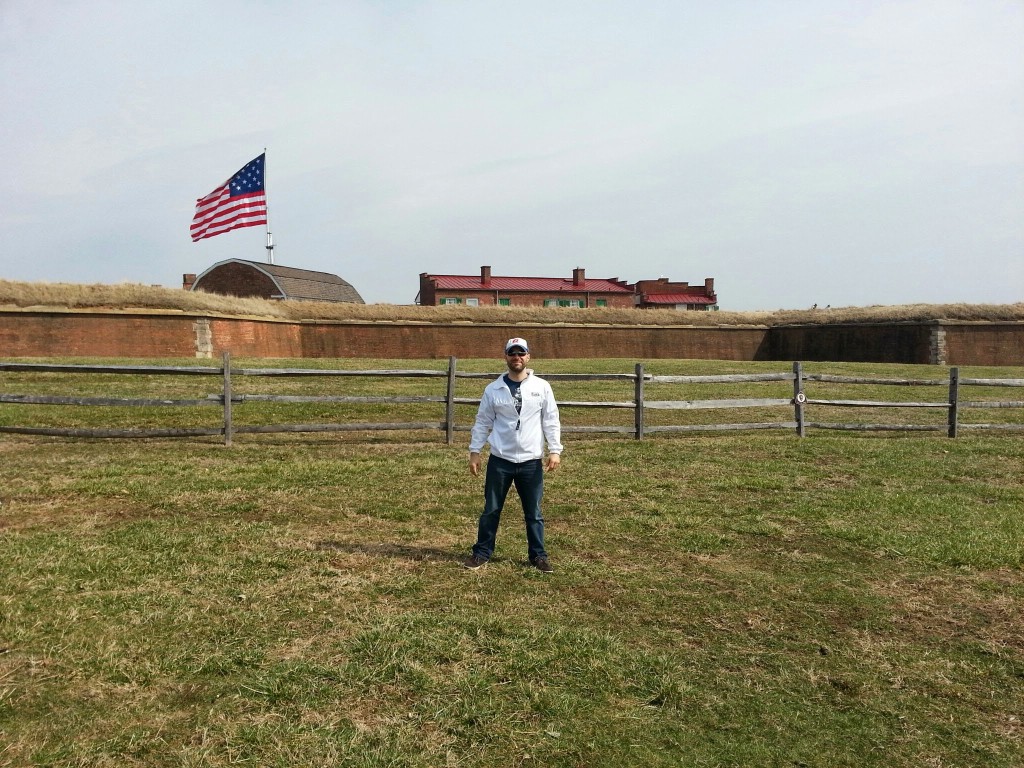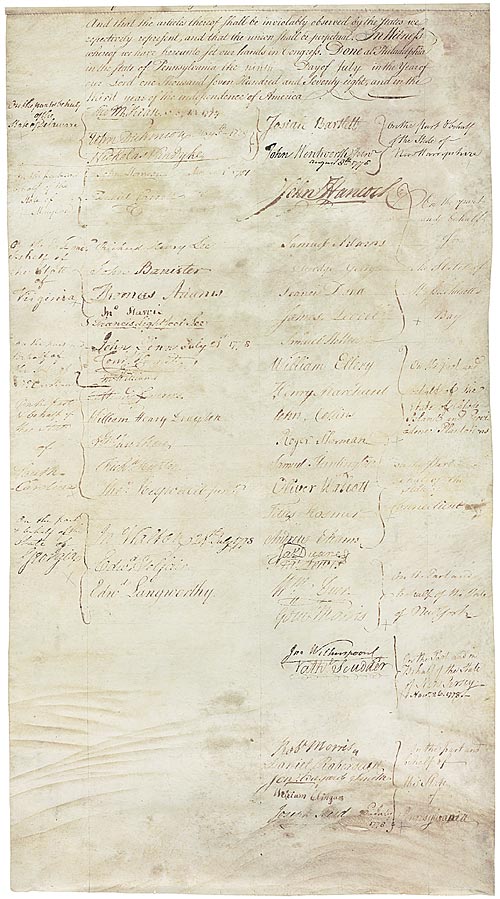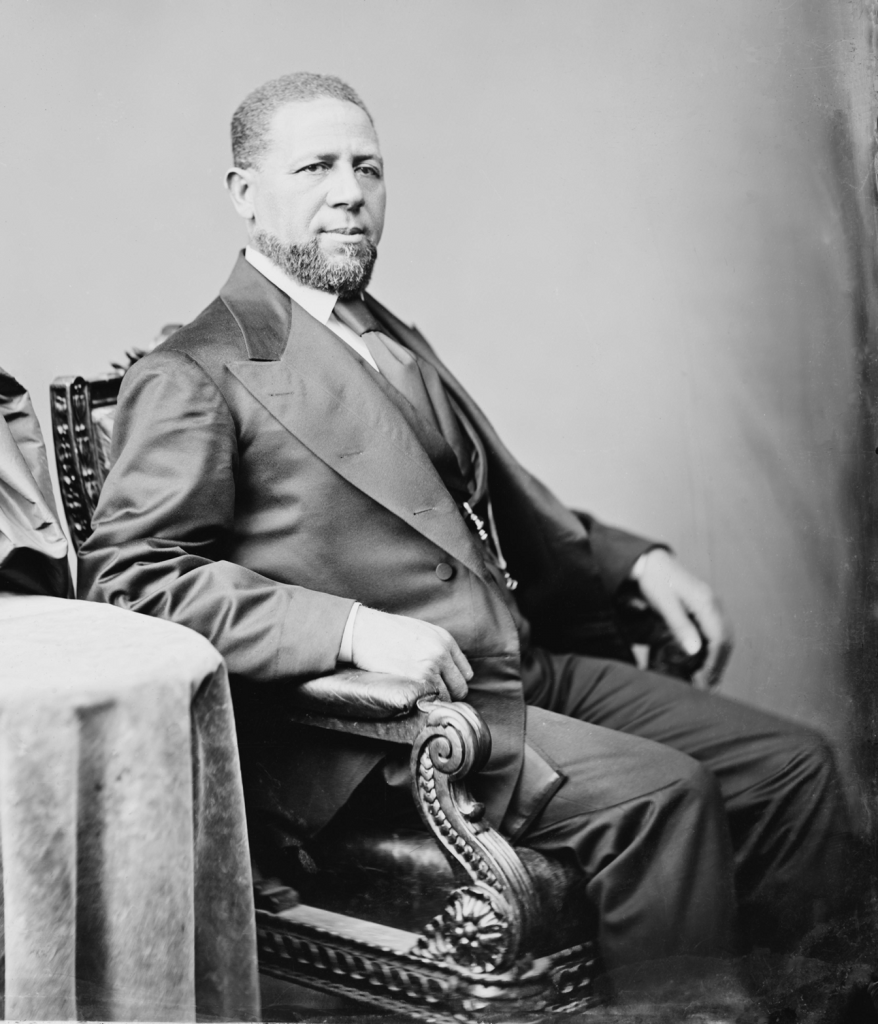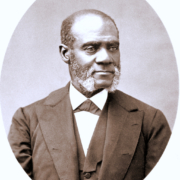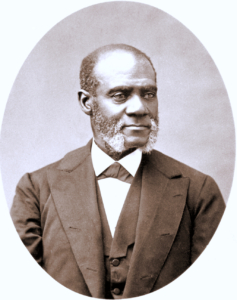On this day in 1965, the historic third Selma to Montgomery march begins, led by Martin Luther King, Jr.
First, here are some words from his address at the conclusion of the march a few days later:
“Let us march on ballot boxes until all over Alabama God’s children will be able to walk the earth in decency and honor.
There is nothing wrong with marching in this sense. The Bible tells us that the mighty men of Joshua merely walked about the walled city of Jericho and the barriers to freedom came tumbling down. I like that old Negro spiritual, “Joshua Fit the Battle of Jericho.” In its simple, yet colorful, depiction of that great moment in biblical history, it tells us that:
Joshua fit the battle of Jericho,
Joshua fit the battle of Jericho,
And the walls come tumbling down.
Up to the walls of Jericho they marched, spear in hand.
“Go blow them ramhorns,” Joshua cried,
“‘Cause the battle am in my hand.”
These words I have given you just as they were given us by the unknown, long-dead, dark-skinned originator. Some now long-gone black bard bequeathed to posterity these words in ungrammatical form, yet with emphatic pertinence for all of us today.”
Our hope, Our Nation
Finally, here are a few similar and enduringly pertinent excerpts from his famous “I Have a Dream” speech:
“Now is the time to make justice a reality for all of God’s children.”
“And the glory of the Lord shall be revealed, and all flesh shall see it together. This is our hope.”
“With this faith we will be able to hew out of the mountain of despair a stone of hope. With this faith we will be able to transform the jangling discords of our nation into a beautiful symphony of brotherhood.”






